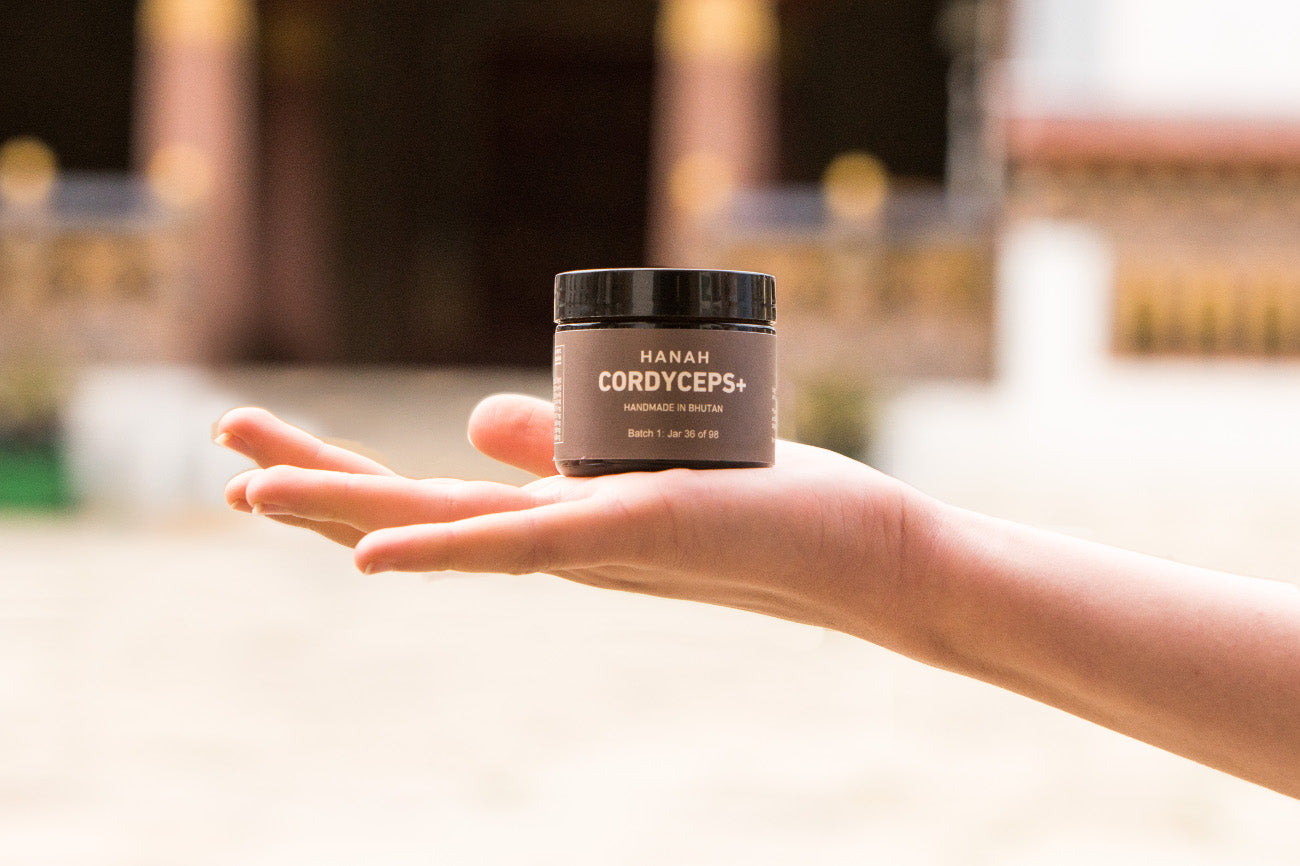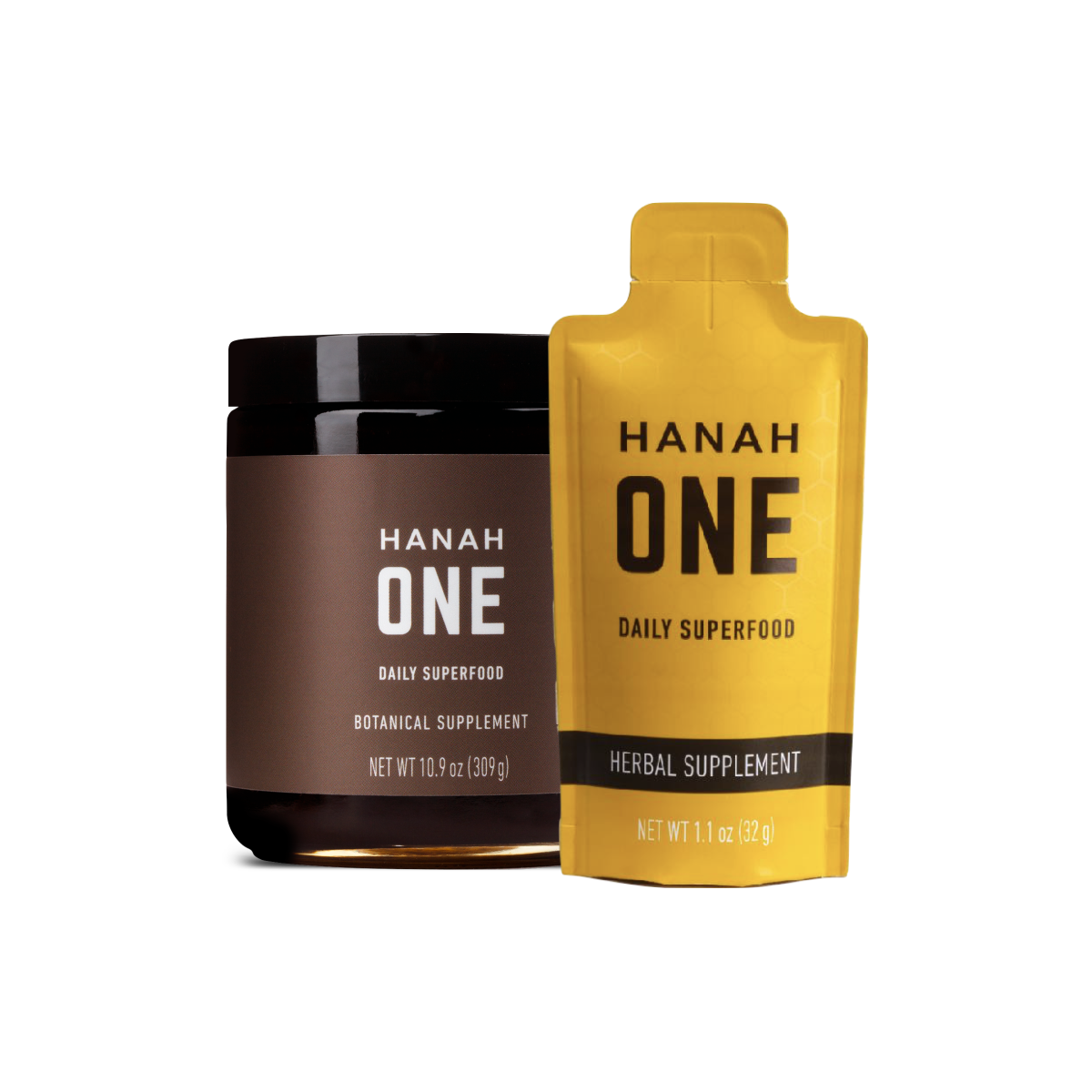The mushroom gold rush – how to avoid a supplement swindle with genuine, wild-harvested Cordyceps

Not all ingredients are created equal
Part 4 of our series on Cordyceps and the HANAH difference
The nutritional supplement industry is big business – $37 billion a year big. Yet as a recent article in Outside revealed, a lack of regulatory oversight means that manufacturers can put just about anything in their products and get away with it, at least until someone gets sick from contamination or a third party testing service like Labdoor calls them out for the disparity between what’s on the label and what’s in the package.
One of the biggest supplement scams going is mushrooms. From teas to powders to capsuled “extracts,” just about every provider out there from small startups to industry behemoths is getting in on the mushroom game. And when they’re purely motivated by profit who can blame them? A Fast Company story references Food Navigator research showing that sales for mushroom-related food products grew by 200 to 800% year-over-year, depending on variety. Business is booming. Or, you could say, mushrooming.
Yet unfortunately for the consumer, not all fungus-focused products are created equal. With an all-out advertising assault, it’s hard to break free from the attention economy’s clutches and distinguish high-quality options made from pure ingredients that offer true efficacy from low-end impostors created from cheap, lab-created derivatives that provide little to no benefit.

So where's the accountability?
Making this distinction is difficult for several reasons. First, it’s impossible for the FDA to rigorously test every one of the millions of supplements out there, particularly when thousands of new ones hit the market every month. Sure, there are some spot-checks at certain facilities, but it’s easy for unscrupulous providers to slip through the widely-spaced regulatory net and keep making claims about their products that differ wildly from whatever’s actually in the jar. As long as you slap the good ol’ FDA disclaimer on your label, website, and marketing materials, your company can say pretty much whatever it wants with no consequences.
Another challenge is that the Labdoors of the world are struggling to keep up with an increasingly diversified market. And even if a third party tester does add a mushroom category, they only have the bandwidth to assess a tiny percentage of the marketplace. This is compounded by the Wild West nature of the internet. Pay-for-play is king in online advertising and it’s typically the case that whoever has the deepest pockets wins.
The writer of the Fast Company article points out that “many brands fail to disclose where they source their mushrooms from”, which is a problem “thanks to that country’s (China’s) pollution issues and rampant pesticide residues.” In the case of Cordyceps, one of the most potent medicinal mushrooms, the wild-harvested variety grown at 4,500 meters on the Himalayan Plateau is too expensive for many companies that purport to put the fungus in their products. So instead they have Chinese factories grow a cheap version that is literally watered-down, as it’s artificially grown in tanks full of liquid. The low quality of the end product would be bad enough, but some companies use harsh solvents in the final phase of production, too. Does anyone want tonight’s special: Cordyceps with a side of industrial chemicals?
And don’t fall for the old “Made in the USA” trick, either. We’re all in favor of domestic manufacturing and job creation, but when it comes to mushroom products, almost all of them manufactured in America are lab-created instead of wild-harvested. For Cordyceps, this means cultivating fungus on either wood chips or grains. You’d hope that these would be separated but sadly this isn’t what happens, unless the same kind of chemical used Chinese factories are employed to do it. More often than not, the whole mixture is simply ground up and packaged.
Ask questions to cut through the crap
So how can you cut through the marketing crap and find a Cordyceps product that is pure, harvested ethically using environmentally-sound practices, and delivers real results? First, lookfor the “Made in…” part of the label. If that sentence ends in “China,” “USA,” or any other country located outside the Himalayan Plateau countries of Bhutan, Nepal, and Tibet, don’t buy it. Second, check out the company’s website and see if you can find any information on their sourcing. If it’s vague or there’s nothing, then use the contact form to ask point blank where they get their Cordyceps from. If you don’t hear back or it’s not a straight answer, then you’ll know to take your business elsewhere. Another red flag is a bargain basement price. As genuine Cordyceps sells for up to $20,000 a kilogram, there’s just no way to obtain a supplement that contains a significant quantity of the real deal for a low price. You simply cannot get Ferrari performance at a Ford price.
Next, don’t blindly trust an ingredients list that includes Cordyceps sinensis because it’s Latin and sounds legit – the actual variation is usually the lab-created Cordyceps militaris instead – the manufacturer is counting on a lack of regulatory oversight and a lack of consumer education to get away with this sleight-of-hand trick.
At HANAH, we’re never going to play you like that. Our Cordyceps+ is harvested by Bhutanese highlanders from a sustainable source high up in the Himalayas. The only thing we add is a centuries-old blend of herbs and minerals that improve absorption and are just as pure. Can the “other guys” who are jumping on the mushroom bandwagon just to make a buck say the same?
Learn more about our series on Bhutan and Cordyceps
- Part 1: HANAH's hunt for Cordyceps sinensis in Bhutan
- Part 2: Supporting Bhutanese communities and sustainable Cordyceps sinensis harvesting
- Part 3: The great Cordyceps swindle: the hidden truth lurking in your “mushroom” tea, powder and capsules
- Part 5: The Athlete’s Ally: Adding Cordyceps to Your Performance + Recovery Toolkit
- Part 6: Need an athletic edge? Get a natural endurance and power boost with HANAH Cordyceps+
Check out our HANAH ONE & Cordyceps+ bundle
Subscribe and save up to 20% off these two powerful products. Learn more here.








Leave a comment
This site is protected by hCaptcha and the hCaptcha Privacy Policy and Terms of Service apply.